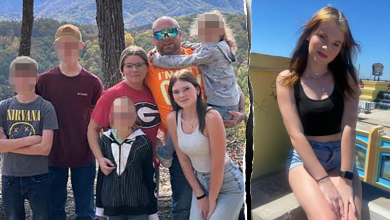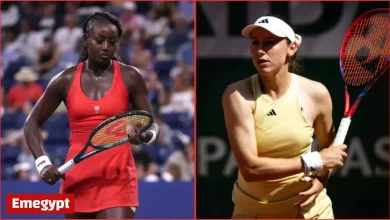Trends-US
Packers announce roster move and injury update | Dec. 13, 2025

The Green Bay Packers have elevated RB Pierre Strong Jr. from the practice squad to the active roster for gameday. General Manager Brian Gutekunst announced the transaction Saturday.
RB Emanuel Wilson (illness) has been added to the injury report and is questionable for tomorrow’s contest against the Denver Broncos.





